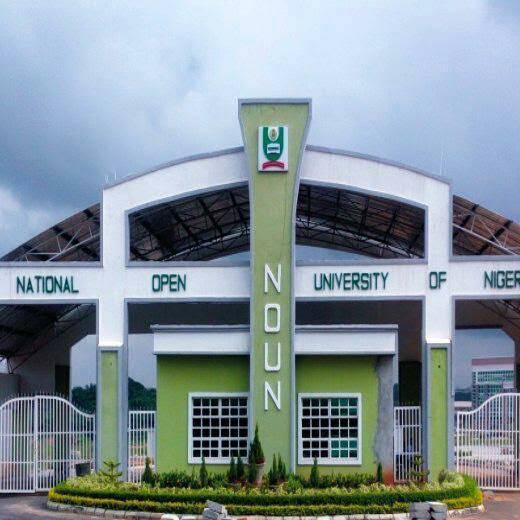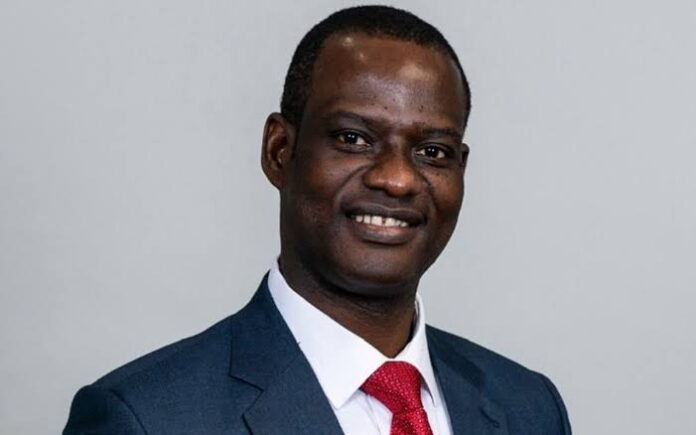…As Customs moves to curb cross-border petrol smuggling
By Charles Ebi
Nigeria’s top crude grades have been in high demand this week due to the country’s strong refining capacity and January’s export schedules, which indicate increased demand for Nigeria’s Bonny Light crude.
Nigerian crude moved closer to $74 per barrel on Wednesday as tensions in the Middle East subsided.
Nigeria’s Brass River, Bonny Light, and Qua Iboe are considerably more expensive than the current Brent contract, which is just over $73.7 per barrel.
Nigerian crude is generating a lot of buzz due to the new January loading schedules, especially Bonny Light.
Qua Iboe, Bonny Light, Bonga, and Forcados are among the major Nigerian grades expected to increase their exports from 770,000 barrels per day to 841,000 barrels per day later this year.
The resurgence of Nigerian refineries and increased exports signal a dramatic shift in the world’s approach to oil supply.
Brent crude futures hit $72 a barrel, down 20 basis points by 6:30 a.m. Nigerian time. Additionally, West Texas Intermediate crude futures fell 0.2% to settle at $68.58 per barrel.
The once-dormant Port Harcourt Refinery is now operational and will start loading products for marketers every day, according to a Tuesday morning announcement from the Nigerian National Petroleum Company Limited.
Trucks began loading petroleum products on Tuesday, including household kerosene, automotive gas oil, and premium motor spirit. Other oil products were also planned for shipment.
The refinery has two wings: the new plant, which produces 150,000 barrels of oil per day, and the old refinery, which was constructed and put into service in 1965 with a refining capacity of 60,000 barrels per day. Together, these two wings add up to 210,000 barrels per day.
The Dangote Refinery, Africa’s largest oil plant, is now fully operational. The refinery began distributing its first Premium Motor Spirit (petrol) from its 650,000-barrels-per-day facility on September 3.
The Nigerian Upstream Petroleum Regulatory Commission’s ,NUPRC, most recent monthly oil production status report stated that Nigeria’s crude oil production fell from 1.54 million barrels per day (bpd) to 1.53 million bpd in October 2024.
Africa’s largest oil producer has pumped an average of 1.5 million barrels per day so far this year, according to the most recent estimates from S&P Global Commodity Insights.
Oil theft, underinvestment, and technical problems at aging fields have caused crude output to drop below its estimated capacity of 2.2 million barrels per day.
However, NNPC Chief Mele Kyari told reporters that Nigeria and its international partners had “revved up crude oil and gas production to 1.8 million b/d and 7.4 Bcf/d”, due to efforts by the government, security agencies, and joint venture oil partners to combat sabotage and theft.
“Every part of the production chain was affected by the interventions that resulted in the recovery of production, with security agencies keeping a close eye on the pipelines”, Kyari stated.
Nigerian legislators estimated that the daily theft of crude was about 400,000 barrels per day earlier this year.
President Tinubu, who ran his political campaign on reforming the nation’s oil industry, declared a state of emergency in June and ordered security forces to target criminals and vandals in the Niger Delta.
“These measures have directly improved the uptime of the Trans Niger Pipeline in the eastern Niger Delta, and today, all operating companies along the TNP can produce into this major trunkline”, Presidential Adviser on Energy Olu Verheijen stated.
She added that the oil sector reforms included an enhanced fiscal framework for producers, including those in deepwater, and were expected to draw in new investments that would unlock approximately 11.3 billion barrels of oil equivalent in gas and oil fields.
Oil prices this year have been significantly impacted by slowing fuel demand growth in major consumers, such as the United States and China. However, the losses have been minimized by supply curtailments from OPEC+, the Organization of the Petroleum Exporting Countries, which includes Russia and other allies.
The oil cartel will meet on Sunday. OPEC members have allegedly been debating postponing the planned increase in oil output that was supposed to begin in January.
There should be little trading due to the Thanksgiving holiday beginning today in the world’s largest economy.
Israel’s agreement to a ceasefire deal with Lebanon’s Hezbollah group has caused Brent and WTI to drop more than 3% each so far this week.
The ceasefire, which went into effect on Wednesday, alleviated concerns that the fighting might disrupt oil supplies from the Middle East, the world’s largest oil-producing region. Given the uncertain geopolitical environment surrounding oil, market players are unsure of how long the truce will last.
Market fundamentals indicate that as the likelihood of a Middle East supply disruption diminishes, it is nearly impossible to see oil prices reach $85 per barrel before the end of the year.
Gasoline inventories increased by 3.3 million barrels during the week ending November 22. The Energy Information Administration (EIA) reported on Wednesday, defying forecasts that fuel stocks would slightly decline in advance of record holiday travel.
Meanwhile, the Nigeria Customs Service ,NCS, has vowed to permanently shut down all illegal cross-border routes used for smuggling petroleum products, particularly Premium Motor Spirit ,PMS, known as petrol, out of Nigeria.
This is as it plans to complement efforts by other security agencies including the Nigerian Army, Navy, and the Nigeria Security and Civil Defence Corps in curbing the illicit trade of energy products.
This was disclosed by the National Coordinator of Operation Whirlwind ,NCS, Comptroller Hussein Ejibunu, who made the announcement revealed that in a recent operation, Customs officials seized 849 kegs of PMS, each containing 25 liters, along with two Mazda 626 vehicles used for cross-border transportation.
Mr Ejibunu, during a press briefing at the Customs Training College in Ikeja, Lagos, said the total value of the seized items, based on the Nigerian National Petroleum Corporation ,NNPC Limited retail price, was estimated at N30.225 million.
According to him, this marked the seventh successful operation in the southwest region under the ongoing crackdown by Operation Whirlwind.
“About five weeks ago, similar PMS products were displayed here at the college parade ground. Our operation has tightened the grip on smugglers, leaving no room for their illegal activities across the country.
“We will ensure all illegal PMS smuggling routes leading to neighbouring countries are permanently blocked”, Mr Ejibunu pledged.
He also expressed gratitude to the National Security Adviser and the Comptroller-General of Customs for their continued support.
He pledged the commitment of the NCS in continuing with the efforts, with the aim of stabilizing fuel prices and preventing artificial shortages caused by illegal smuggling.
“We are grateful to the National Security Adviser and the Comptroller-General of Customs for their continued support”, he added.











